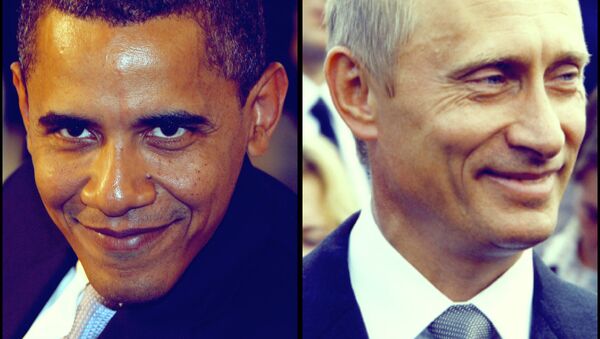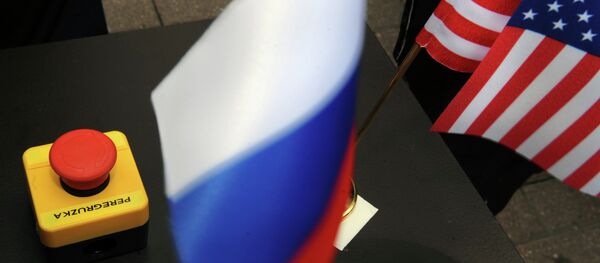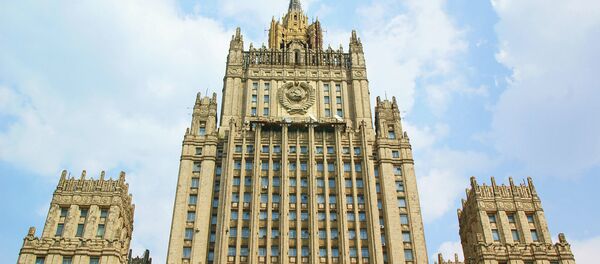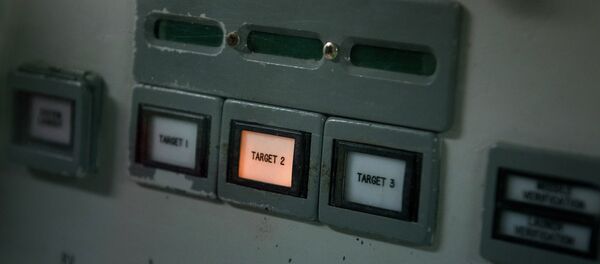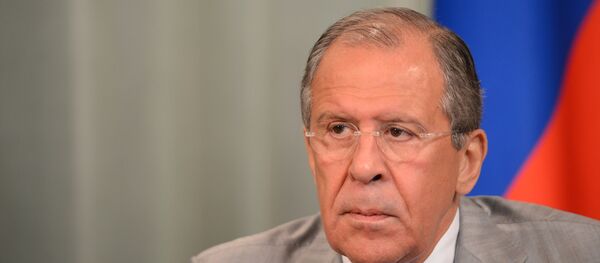The general public is aware that both nations are facing off on the political, economic, and informational fronts. However, they also confront each other in yet another area which is only followed by a narrow circle of experts, though it bears directly on the most important security issues facing the whole planet.
The reference is, of course, to major arms control treaties. These took many years and tremendous efforts to negotiate, and yet they now dissolve one after another.
Washington and Moscow keep accusing each other of violating and abrogating these treaties. Following that, they plan new and often drastic countermeasures to fight back.
Russia complains that the year 2002 saw a dramatic turn for the worse when the United States withdrew from the 1972 Anti-Ballistic Missile (ABM) Treaty, becoming the first nation since World War II to exit a major arms control agreement. This move was followed by the development of the US Missile Defense System, intending to deploy its elements in several countries in Eastern Europe right by the Russian borders.
Moscow also repeatedly airs its grievances regarding NATO. Despite the dissolution of the Soviet era military Warsaw Pact, NATO, far from following that example, has expanded its membership from 12 nations to 28 and does not want to stop there. Furthermore, the US still keeps significant nuclear arsenals in some European countries, apart from NATO having an overwhelming superiority over Russia in terms of conventional weapons in Europe.
Washington in turn accuses Moscow of numerous violations of the Treaty on The Elimination of Intermediate-Range and Shorter-Range Missiles (INF). This is a very important treaty signed in 1987 by Presidents Reagan and Gorbachev. It led to the destruction of 2,692 such weapons, 846 by the US and 1,846 by the Soviet Union. Under the treaty both nations are also allowed to inspect each other's military installations – which definitely adds to mutual security.
In response to the lack of progress in US – Russia missile defense talks and America’s definite intention to ignore Russia’s concerns, Moscow announced it could no longer abide by the Treaty on Conventional Armed Forces in Europe (CFE). As the next step, it is seriously considering withdrawing from the INF treaty as well.
Despite certain budgetary and technological constrains, some American defense experts now suggest that Washington should also exit the INF Treaty and begin a crash program on its own new missiles to confront not only Russia's, but also China's growing military ambitions.
What we are witnessing is the rise of a new wave of the most dangerous arms race with totally unpredictable consequences.
Given all this, one would have thought that the most logical way out of this nightmarish scenario was direct negotiation or at least discussion process between American and Russian experts in search of mutually satisfactory solutions. However, this was not to be.
When Obama came to the White House in 2008 and announced his now defunct Reset policy, a total of 21 bilateral government groups were formed covering almost all possible issues, ranging from science, medicine, and human rights to space, climate control, and security. Some groups dealt specifically with the issues like Arms Control, International Security, Cybersecurity, Defense and Military Cooperation, Military Technical Cooperation, Nuclear Security and several other related subjects.
Later, however, Obama, with the support from Congress, following some logic that is hard to comprehend, ordered the work of all these groups to be frozen as a symbolic gesture to punish Russia for the Crimea and Ukraine. The obvious fact is, though, that Washington’s actions of this kind punish not only Russia but also the United States itself as well as our allies.
Sigfried Hecker, former head of Los Alamos Lab, and many other top American nuclear scientists insist that “US – Russia cooperation is absolutely essential when dealing with some of the lingering nuclear safety and security issues, like the threat of nuclear smuggling and nuclear terrorism, and to limit the spread of nuclear weapons."
The big question, then, is to whom would you trust the security of your country: the politicians or the scientists?
The latest public opinion polls show that only 38 percent of Americans approve of Obama’s foreign policy while 50 percent disapprove of it. As for the members of Congress only 10 percent of Americans think that they do a good job while 60 percent believe that the job they do is poor.
So isn’t the answer to the question above obvious? If it is, shouldn’t we demand from Obama the revival of discussions in the bilateral working groups, at least in those that deal with arms control and nuclear security? Surely this is the only right move in a situation that is daily growing more dangerous.
